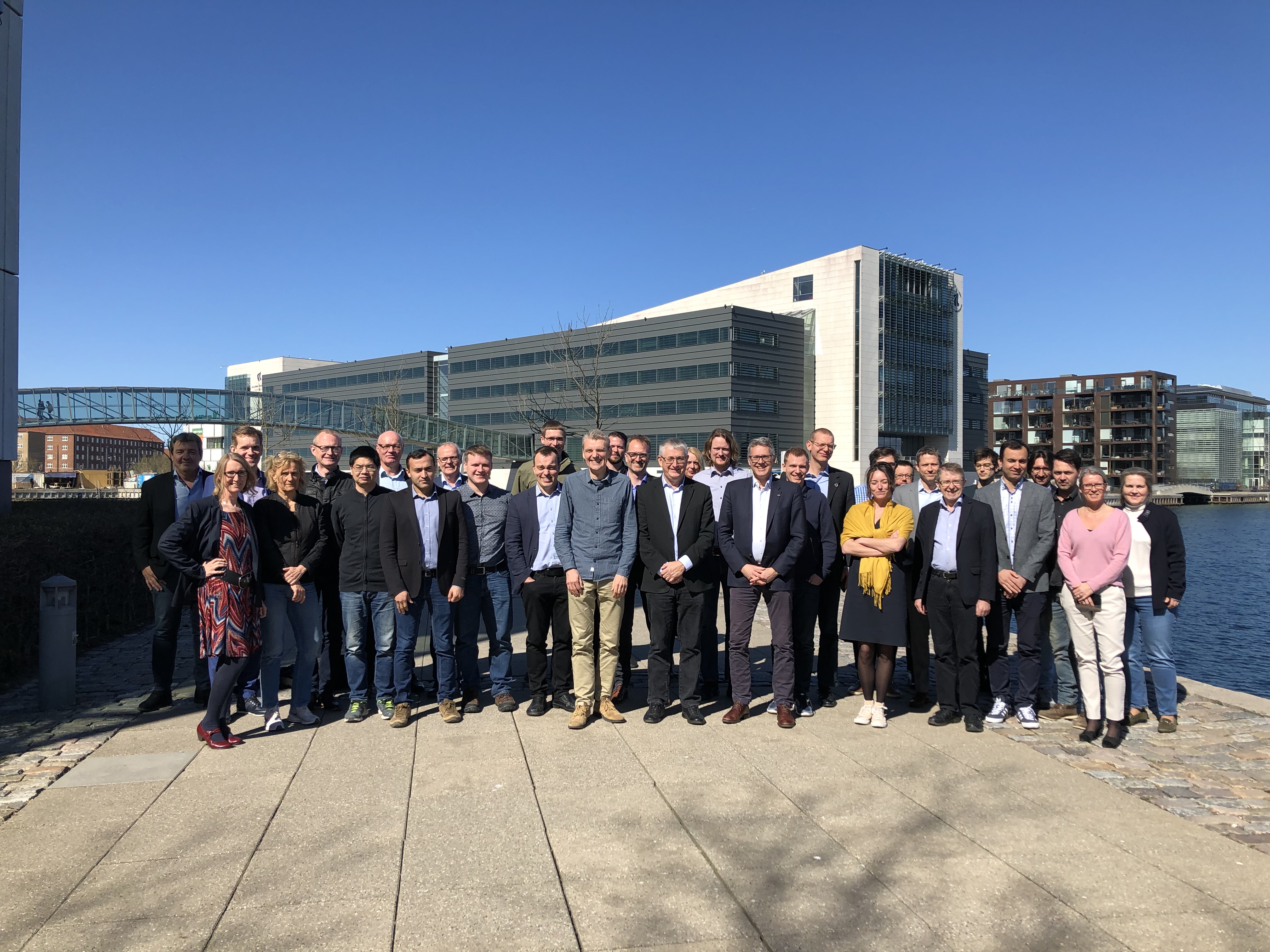AAU researchers aim to make the green transition cheaper
CISS is one of two AAU research centers in a new Danish research project that may help Denmark save billions. The project aims to ensure a flexible and green energy system in Denmark through optimized utilization of the existing power grid.
The green transition of Danish society that is already in full swing leads to a markedly increased electrification of society. Among other things, an increasing number of electrical vehicles, data centers and heat pumps will place great demands on the power grid in the coming years. Such great demands that massive investments at a billion-kroner scale will be needed.
But this money may be saved if we can utilize the existing power grid to a much larger degree than is the case today.
Therefore, the four technical Danish universities, DTU, Aalborg University, SDU and Aarhus University, are now collaborating with the supply sector on developing systems that, by use of artificial intelligence, may ensure that much less money needs to be invested in an expansion of the power grid. The project, named Flexible Energy Denmark (FED), has just received DKK 30 mio. from Innovation Fund Denmark.
Huge savings through optimized distribution of sustainable energy
Whereas many focus on building more and more wind turbine farms and solar power facilities, the project partners direct their attention towards better utilization of the existing capacity, in order to better balance production and consumption. If they succeed, the potential savings on a national scale surpass DKK 1 billion – perhaps even more.
– We may save on costly expansions of the power grid and investments in production facilities. The more we can efficiently utilize the power already generated by sustainable energy, the less the expansions need to be. Increased production based on solar and wind power is beneficial when compared to fossil alternatives, and Flexible Energy Denmark aims towards improved distribution of this sustainable energy and as such a decreased need for investments in sustainable energy than would otherwise be necessary order to ensure a green future, says Lars Bonderup Bjørn, CEO of EWII who heads the project.
Great perspectives for society, industry and consumers
At Aalborg University, the two research centers CISS – Center for Embedded Software Systems and Daisy – Center for Data-Intensive Systems, both at the Department of Computer Science, participate in the project. Both centers already do extensive research within optimization of the energy systems of the future.
– The energy systems of the future will consist of a large number of independent components that need to interact optimally – from wind turbines and solar power cells to consumer electronics in private homes. This places great demands on, on the one hand, managing large amounts of consumption data and data analysis for prediction of flexible consumption, and on the other hand modelling and optimization of the so-called cyber-physical systems through AI and Machine Learning. These specific areas are among our main competences here at AAU, says Professor Kim Guldstrand Larsen, director of CISS and deputy chairman of the Flexible Energy Denmark steering committee.
As part of the project, a number of Living Labs will be established in which companies and researchers can collaborate on developing and maturing technologies for optimized utilization of sustainable energy.
– The project will bring Denmark in the lead with regards to flexible utilization of sustainable energy. This means both a competitive advantage for new products implementing FED solutions and huge savings on necessary investments in the energy system. At the same time, consumers will be able to achieve savings through using an increased amount of sustainable energy in their daily power consumption, and organizations and companies will in the future also be able to utilize the flexible energy market far more efficiently and smoothly than is the case today, says Kim Guldstrand Larsen.
Facts
Program: Grand Solutions
Innovation Fund Denmark grant: DKK 30 mio.
Total budget: DKK 44 mio.
Project duration: 4 years
Official title: Flexible Energy Danmark

